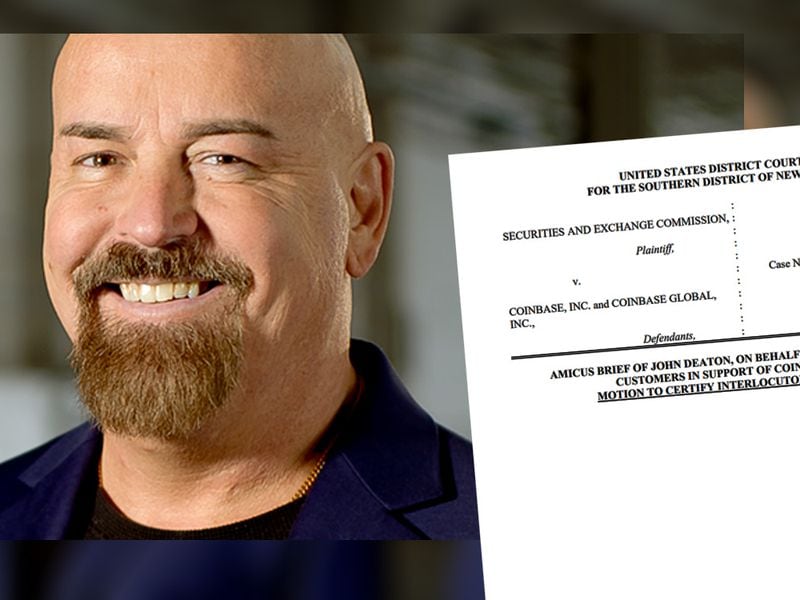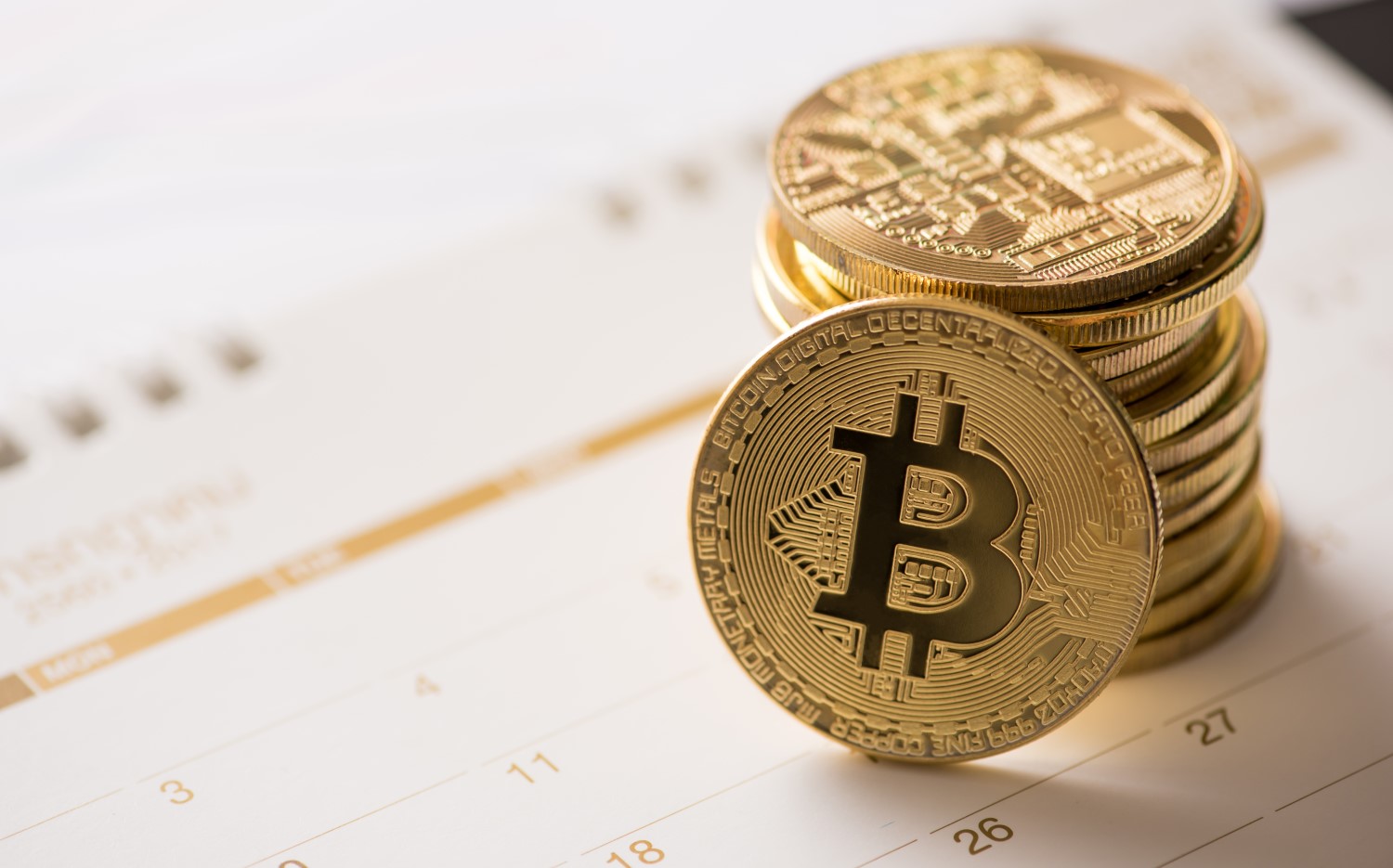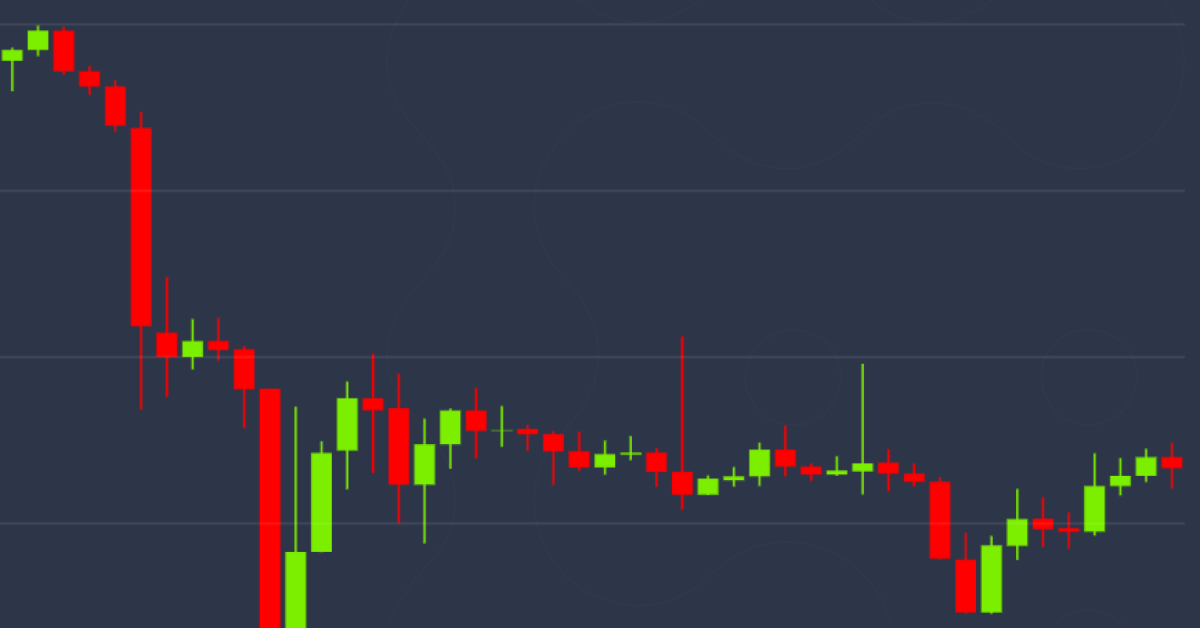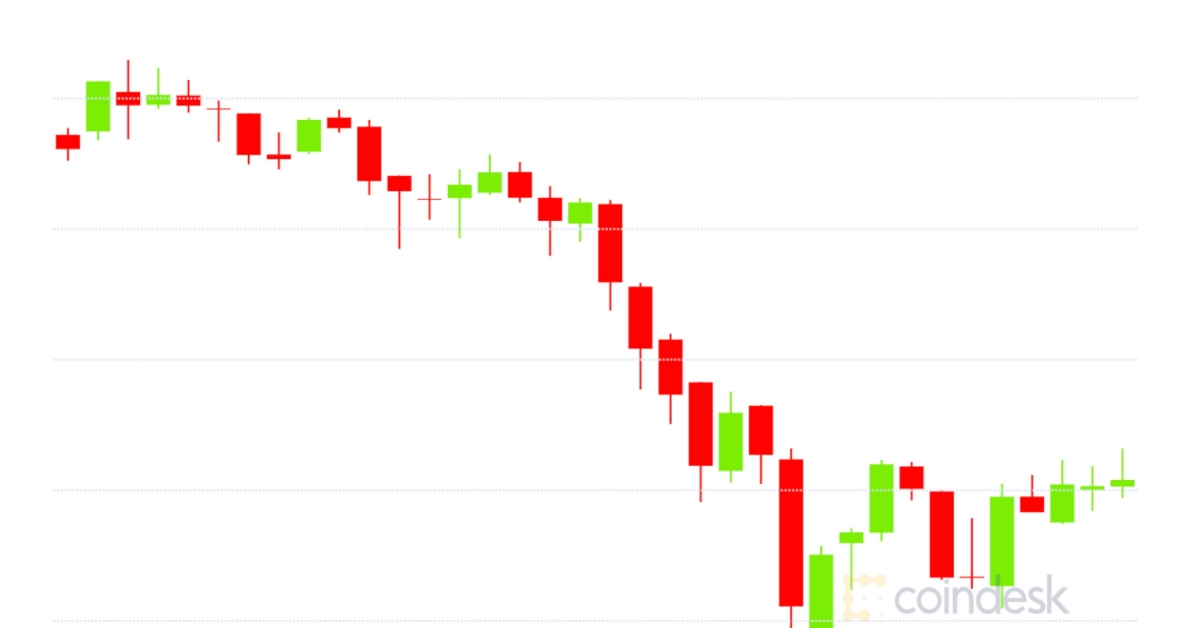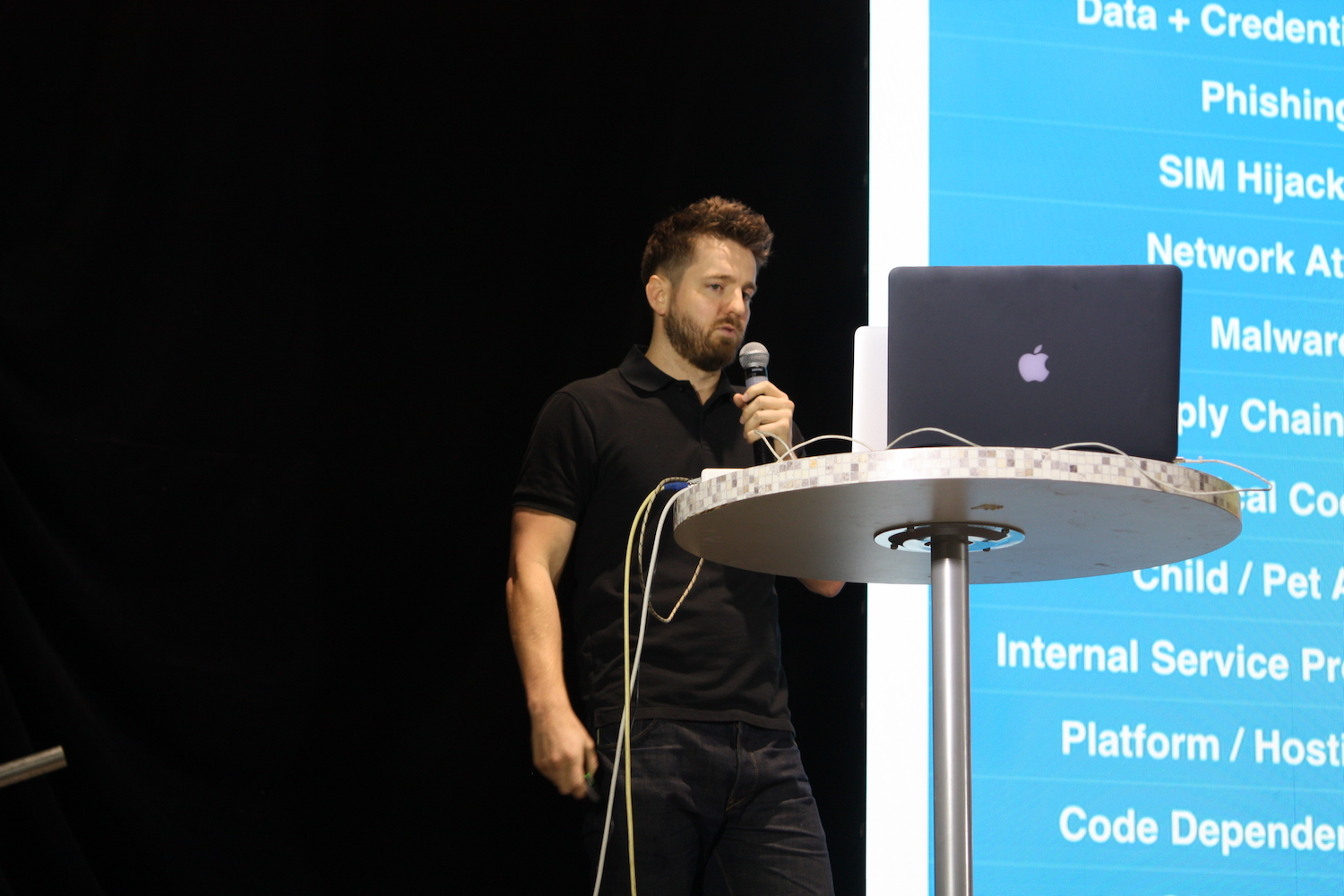Philippines’ Central Bank Gives Approval to Coins.ph to Pilot Stablecoin in Key Remittance Market
-
Philippines’ central bank, under a sandbox, has given its approval to Coins.ph to pilot a Philippine Peso-backed stablecoin.
-
The pilot will assess the benefits of the stablecoin in “real-world applications.”
Philippines’ central bank has given its approval to digital currency exchange Coins.ph to pilot a Philippine Peso-backed stablecoin called PHPC, the company said last week.
The program will come under the BSP’s Regulatory Sandbox Framework and will be backed by Coins.ph’ cash and cash equivalents held in Philippine bank accounts, the announcement said. The pilot will assess the benefits of the stablecoin in “real-world applications while monitoring its impact on the existing financial ecosystem.”
Coins.ph chief executive officer Wei Zhou, who was previously Binance’s Chief Financial Officer, told a press briefing that it got the go-ahead to publicly test the stablecoin in April and plans to make it available on its platform by early June, local reports said.
Zhou said that the performance of the pilot will be monitored, and if certain metrics are hit, they anticipate obtaining full approval, allowing them to “leave the sandbox.”
The Philippines has recently blocked Binance from operating in the nation and said that it would issue a wholesale central bank digital currency (CBDC) within two years while avoiding a retail CBDC. Digital payments firm Strike has also expanded its global money transfer service to the nation, where the $12 billion remittance market is one of the world’s largest.
Coins.ph plans to integrate the stablecoin into remittance platforms in countries with significant remittance flows to Philippines, one report said.
Edited by Parikshit Mishra.



